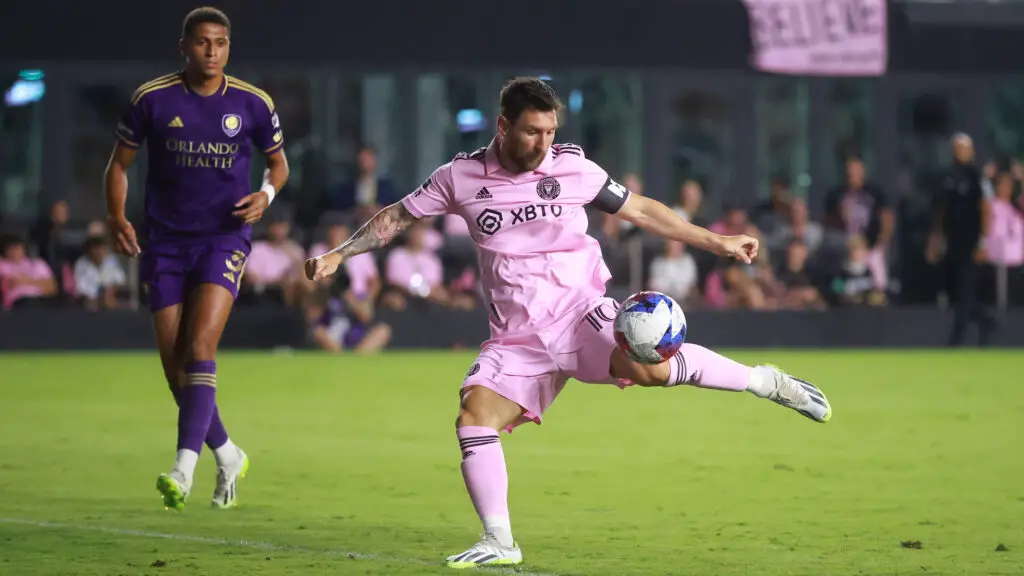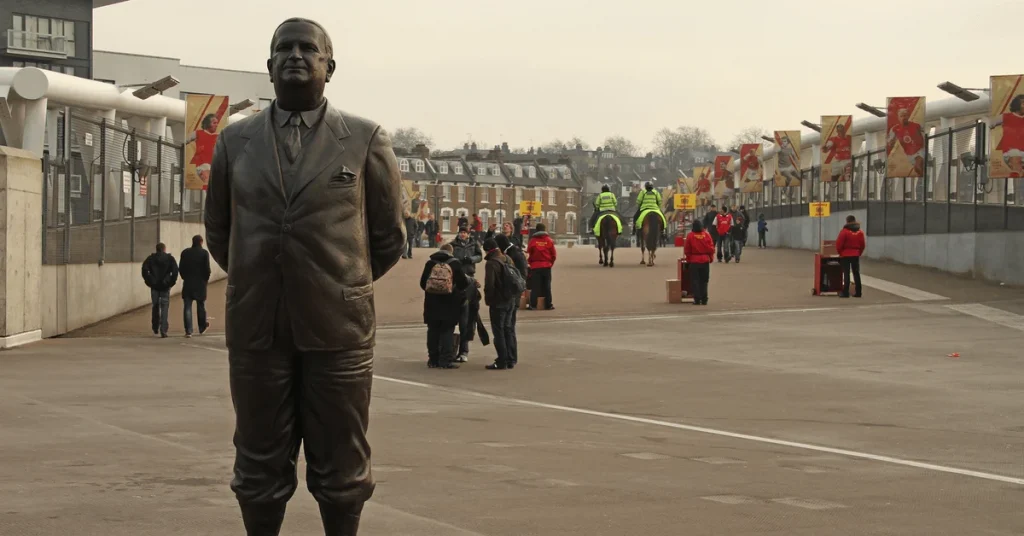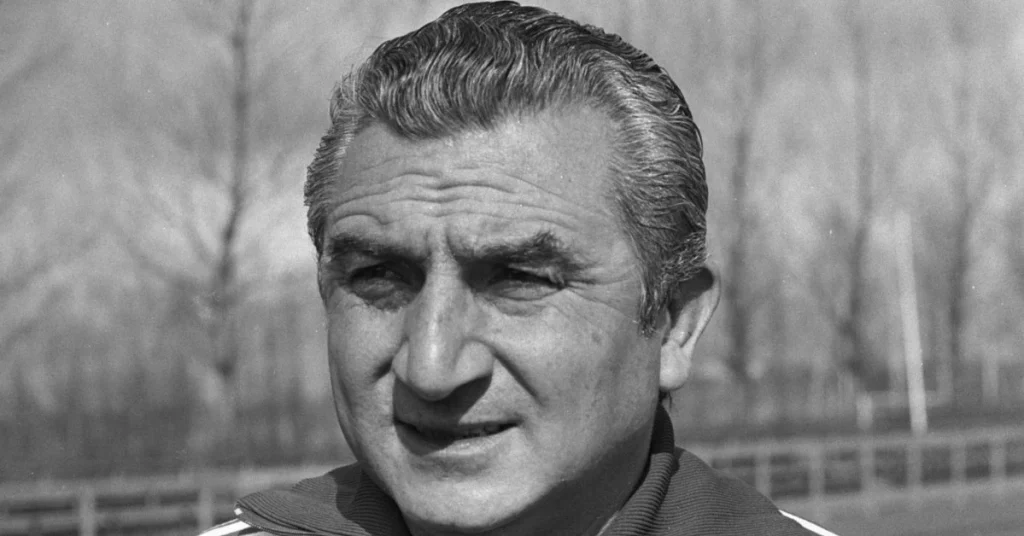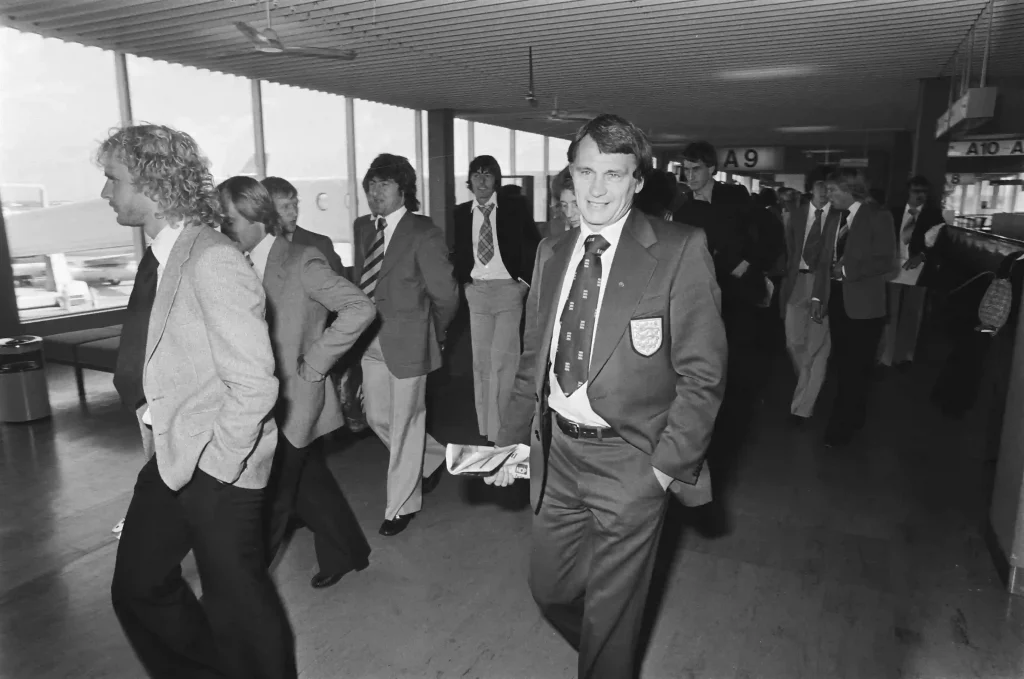When the greatest player in history signs for a league that’s 7 years younger than the player in question, the world is understandably going to sit up and take notice.
Founded in 1993, the MLS and Inter Miami made the world collectively spit out their morning bowls of cornflakes as they read the headline that Lionel Messi had signed for Inter Miami, just over half a year after winning the World Cup.
The move had a profound impact almost instantly on the entire workings of Soccer in America. The soccer odds were the first to be uprooted. Before La Pulga’s arrival, Inter Miami sat in last place and were 200-1 to win The MLS Cup. These odds dropped exponentially to 33-1 just before Messi’s first game.
Changes in odds like this are genuinely unheard of. It’s one thing for the likes of Cristiano Ronaldo to sign for a top Saudi Arabian side and see a small boost in already Al Nassr favoured odds, but the Messi effect was on full display.
Before kicking a ball, people were assuming Inter Miami were now among the most likely to take home the trophy, and nobody had yet seen just how well he’d manage with lesser players around him.
Messi is seemingly inhuman, but even he is limited by who is around him. He’s signed for a club dwelling at rock bottom. It would be like signing for Burnley and taking them to a Carabao Cup and making them the team to beat in the league.
But Miami, of course, went and won the cup, aided by the dynamic duo that had been with him through much of his time at Barcelona, Jordi Alba and Sergio Busquets.
A first trophy in Inter Miami’s short 5-year history, at the first time of asking since Messi’s transfer.
We can all see how much of a success the Argentine has been on the pitch for the club, with performances speaking for themselves, Miami’s only loss with Messi on the pitch coming in their final game of the season as they lost 1-0.
Sadly a Messi injury had dashed hopes of a playoff spot, and with nothing to play for, Messi and co laboured to a 1-0 defeat.
But off the pitch, Messi’s impact has been utterly inconceivable.
We all knew Messi would cause fanfare, pandemonium, and a surge in popularity for both the club and the sport, but it exceeded far beyond many’s expectations.
Average attendance across all teams in 2023 was up by 1,000, and with Messi joining at the tail end of the year, this is expected to rise further next season.
In addition just under an extra 900,000 spectators went to games that year. But much of these figures are based on Pre-Messi attendance and take data from every team across both the East and West conferences.
It’s safe to say the MLS and soccer in general have been growing in popularity in the past decade.
But the clearest indicator of Messi boosting the MLS can be seen in the streaming world.
110,000 signed up for Apple TV’s MLS season pass when Messi was announced. Before Messi signed for Miami, the total number of subscribers was 6,000…
That’s an increase overall of 1,690%, and on top of that, a further 65,000 would-be fans dipped into their wallets to buy a subscription in order to tune in for his first game.
The impact doesn’t stop there either. One often overlooked side of things is merchandise. In South Florida, the pink jersey with Messi’s name on the back is ubiquitous.
So much so that Beckham himself has even been forced to wait for a ‘Messi 10’ Miami jersey. Adidas is selling out of the jerseys quicker than the manufacturer can make them.
But for all of the Messi fanfare, some shady business practices have started to show as Miami tries to adapt to the soccer world’s spotlight being fixated on them.
Speaking of shirt supplies, a smart albeit opportunistic way to help quash the backlog of Messi jersey demand has since come to light.
With no stock of this season’s Messi shirts, the club opted to fall back on a surplus of last year’s shirts, printing Messi’s name on the back and charging premium prices of 150$.
While the shirts have still proven popular, perhaps the novelty of having Messi on a shirt no longer in production from before he even played for the club has given them a certain allure, as a practice it’s a little unethical.
But, it’s the consumer’s choice to buy or wait for new stock, and if customers are happy it’s hard to find reason to judge the practice.
However, much harder to rationalise has been Inter Miami’s lack of transparency with a recent injury Messi has been nursing.
Messi has seldom featured in Inter Miami’s last 10 games, as he initially was rested having played an intense amount of football in a short period.
After playing 9 games for Inter Miami from the 3rd of August to the 4th of September, Messi travelled with Argentina to face Ecuador, where he was uncharacteristically substituted due to ‘fatigue’.
Messi was then rested for both Argentina and Inter Miami’s next matches, before starting against Toronto. 37 minutes in, Messi was forced off, the reason once again fatigue.
By now things seemed a little suspicious, and as games came and went with no sign of Messi Inter Miami refused to elaborate on Messi’s status; waiting until they announced the teams an hour before kick-off, when tickets were already purchased, to reveal Messi’s absence.
The final Messi effect on Inter Miami has been ticket prices, with prices surging. When Messi is expected to play, prices were an average of $329…
Any time Messi was injured or expected to be rested these prices dropped significantly, and attendances dropped alongside it. It’s here where the dodgy practice of allegedly hiding Messi’s injury to keep up attendance and ticket prices becomes more than just a conspiracy.
A few journalists have reported that MRI scans confirmed “a 2 cm hamstring tear,” against Ecuador. This tear was reportedly aggravated further in the Toronto game.
It remains to be seen why Miami has been so averse to transparency over Messi. With such unheard-of boosts to revenue, a ‘fatigue’ that lasted a streak of 9 Inter Miami games, and rabid Messi-mania, the lack of elaboration over Messi’s condition for Miami’s final games is certainly questionable.
But, having played the final match, lasting the full 90 minutes, and having earned a few months off, Messi and Miami can focus on resetting, and leave this fatigue discourse behind them.
With a full season of Messi-mania looming, the already noticeable boom in Inter Miami and MLS popularity is set to grow even larger.




